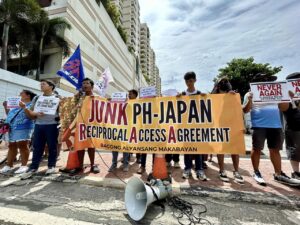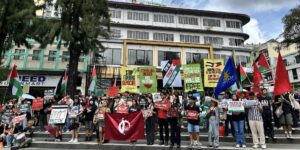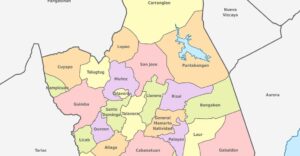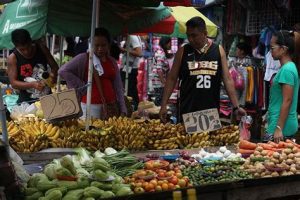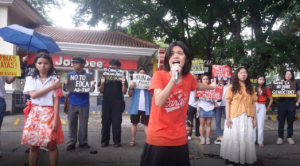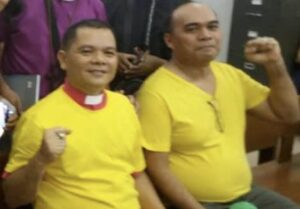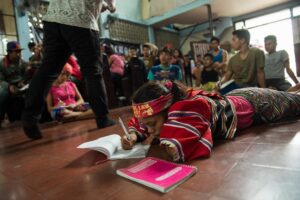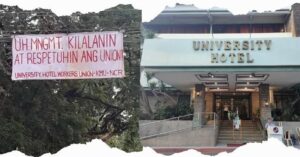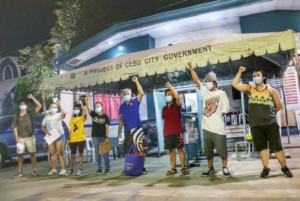CDRC questioins AMLC freeze of bank accounts linked to "terrorism financing"

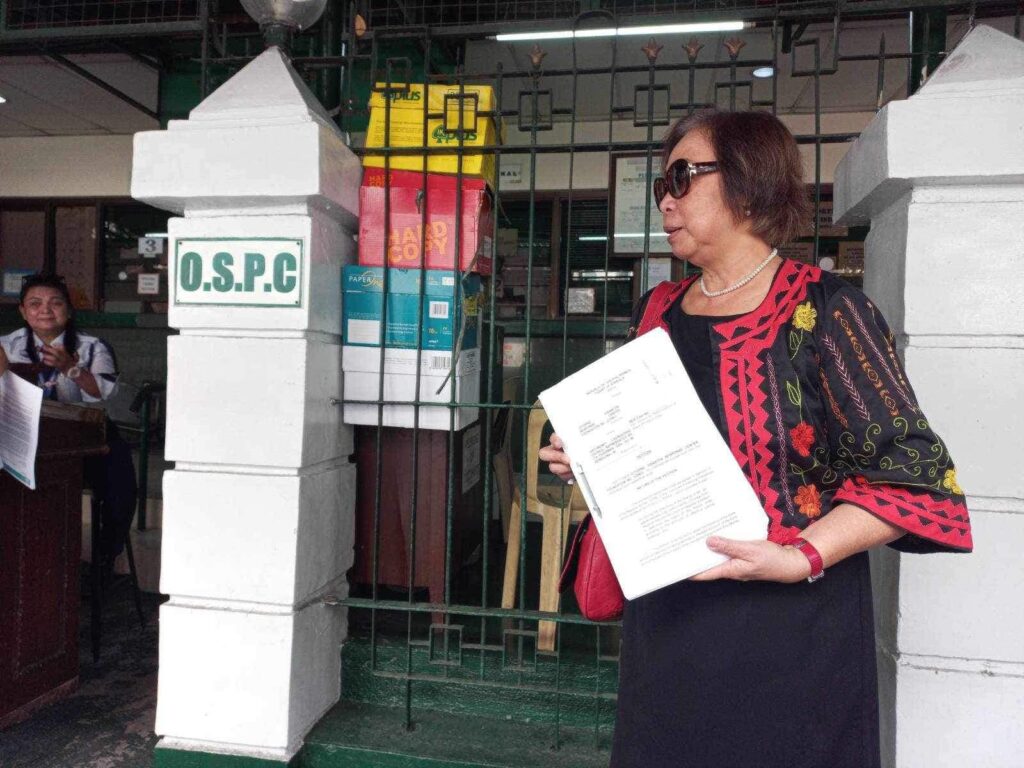
The Citizen’s Disaster Response Center Foundation (CDRC) filed a petition before the Court of Appeals on June 2 questioning the Anti-Money Laundering Council’s (AMLC) freeze order on its bank account. The AMLC ordered the freezing of the institution’s account on the grounds that the Leyte Center for Development Inc. (LCDe) sent some funds. LCDe’s bank account has been frozen earlier due to its alleged violation of Republic Act No. 10168 or Terrorism Financing Prevention and Suppression Act (TFPSA).
The CDRC says the funds deposited by LCDe to its bank account were refunds after they deposited excess funds for the LCDe’s relief operations for Typhoon Agaton victims in April 2022. All funds benefited the survivors and were duly accounted for. “Hence, there is no probable cause to conclude that both CDRC and LCDe were engaged in criminal activity,” Atty. Ephraim Cortez, president of the National Union of Peoples’ Lawyers, said. NUPL Lawyers assisted CDRC in filing the petition.
The NUPL said in order to lay the groundwork for a case of “financing terrorism” in accordance with the law itself requires the existence of ‘willful intention’ or ‘knowledge’ to use the funds or property to carry out or facilitate the commission of a terrorist act or by a terrorist.
“How such crucial mental element was established by the AMLC from aboveboard bank records boggles the mind—unless, of course, the AMLC again used fabricated testimonies from anonymous witnesses that CDRC was deprived of the opportunity to refute” Atty. Cortez noted.
According to the lawyer, AMLC acted as “jury, judge and executioner” in imposing freeze orders without notice and hearing or judicial intervention. The sanctioned party has no recourse because the law does not require notifying bank account owners of the freeze order.
CDRC’s petition includes a challenge to the constitutionality of the AMLC’s unbridled power to cause deprivation of property, as it violates the fundamental rights to due process, as well as freedom of expression and free association.
“This malicious tarnishing and freezing of assets belonging to red-tagged NGOs creates a chilling effect on their advocacies and stifles their right to utilize their resources to pursue aims that otherwise fall under protected freedoms,” the lawyer said.
He criticized repressive laws, such as the TFPSA and its companion Anti-Terrorism Act, that have overreaching powers that the state uses to silence dissenting voices that it indiscriminately deems “terrorists.”
“In what world can providing services to poor, disaster-stricken communities be considered an act that carries out, finances, or facilitates terrorism?” he said.

